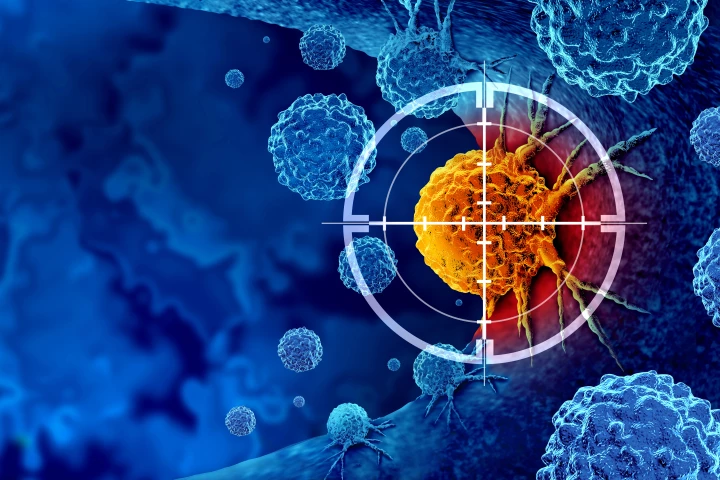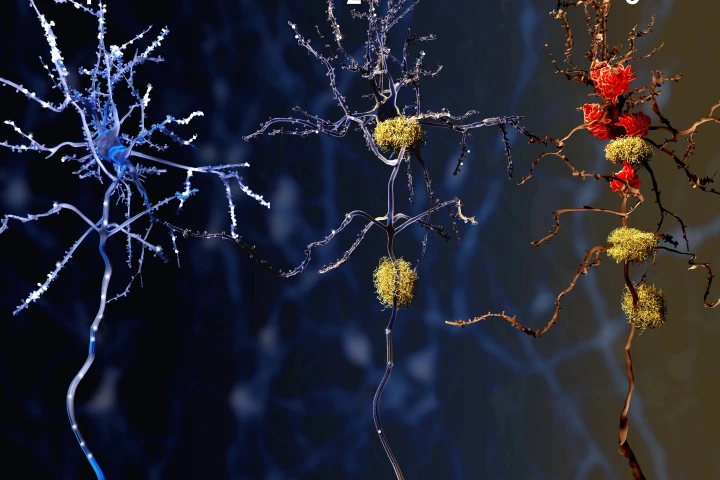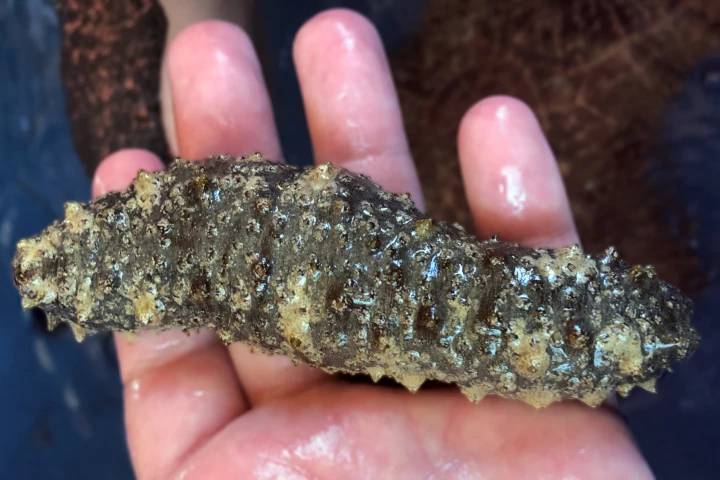Cancer
-
The fungus thought to have claimed the lives of several excavators at Tutankhamun's burial site has had an image makeover, with scientists discovering that it holds potent cancer-fighting properties. It opens the door to new fungi-based medicines.
-
A single psilocybin dose can significantly reduce depression in people with cancer for up to two years, according to a new study. While the study has limitations, it demonstrates the potential of psychedelic therapy in the context of cancer.
-
In a large study, the drug leading the charge in anti-aging science has shown to be just as effective in protecting cells and cognitive function as cutting calories or intermittent fasting. It's the most comprehensive study of rapamycin yet.
-
Researchers have identified a protein that represses the activity of energy-burning brown fat. The discovery opens the door to developing treatments for the extreme weight loss, muscle wasting, and malnutrition seen in some types of cancer.
-
Soft corals produce chemicals that could be used to treat human disease. Now, scientists have identified the genes that make these important chemicals, opening the door to creating a limitless supply that can be used to produce and test new drugs.
-
A promising new treatment to combat "undruggable" cancers has been green-lit for a human trial. It's hoped the novel drug will be able to stunt the growth and enable the effective treatment of cancers driven by the MYC oncogene and its MYC protein.
-
Taking inspiration from the CAR T-cell technology used to provide personalized cancer treatments, researchers have conducted a proof-of-concept study showing how similar compounds can precisely target protein tangles and plaques in the brain.
-
We could be on the verge of a major cancer breakthrough, with a new nanoparticle-based vaccine reportedly obliterating pancreatic cancer cells in preclinical trials. This success now takes it a step closer to a first-of-its-kind human trial.
-
The sea cucumber naturally produces a sugary compound that inhibits an enzyme that’s instrumental in stimulating cancer growth, according to a new study. The next step is to find a method for producing the compound in large quantities.
-
Researchers have developed a first-of-its-kind wearable tech that quickly, simply, and non-invasively tests for important health markers using menstrual blood. The affordable device could revolutionize women’s healthcare.
-
Why do elephants, one of the biggest animals on the planet, paradoxically experience unusually low rates of cancer? The question has led scientists to discover these remarkable mammals carry unique genetic variants that reduce their risk of tumors.
-
A compound derived from a Himalayan fungus has been refined by scientists for a chemotherapy drug with powerful anti-cancer effects. NUC-7738 is yielding encouraging results in ongoing Phase 2 clinical trials, and is advancing towards approval.
Load More











